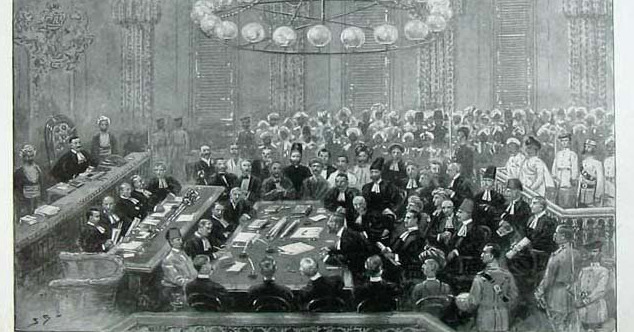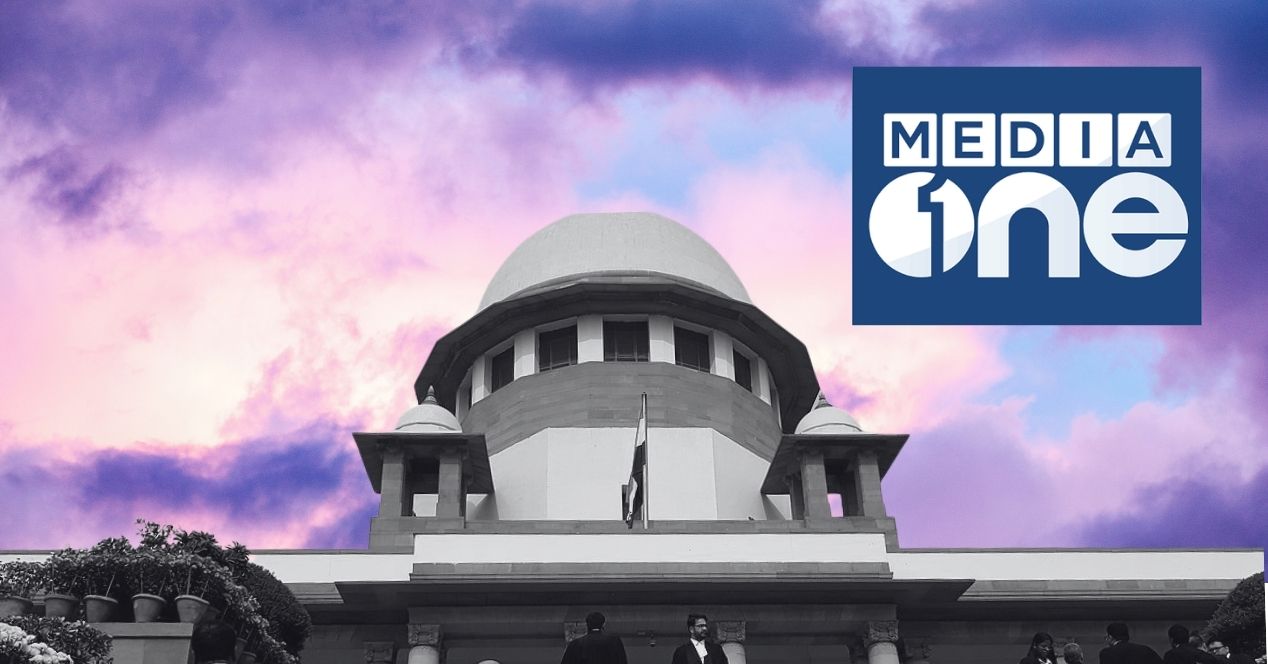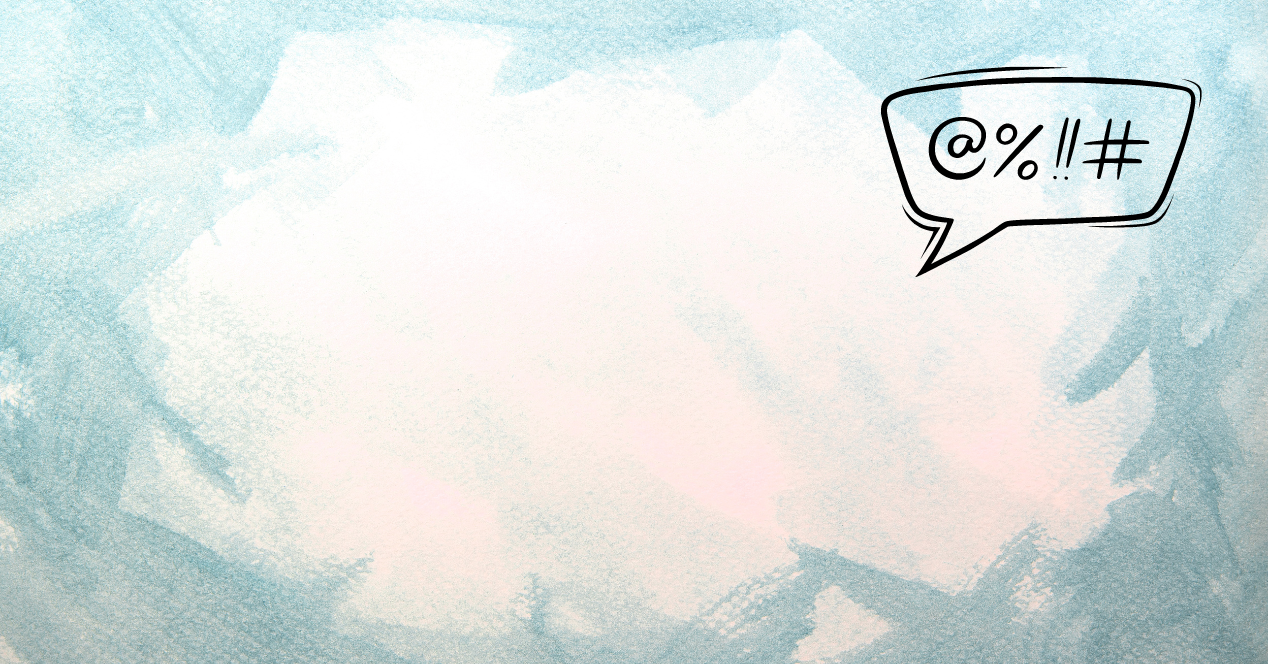Analysis
2022 Supreme Court Review: Freedom of Speech
The most important Freedom of Speech cases at the Supreme Court were characterised by the Union's inability to follow the Court's directions

The Union government regularly played spoiler in Freedom of Speech cases this year, failing to follow and implement the Court’s Orders and routinely invoking the protection of ‘national security’ to avoid sharing information in response to the Court’s questions. What progress has the Court made in the most important Freedom of Speech cases despite the Union’s reluctance to comply with the SC’s directions and queries?
#1 Continued Delays in Union’s Re-examination of Law on Sedition
On May 11th, a Bench led by CJI Ramana halted the use of the law on sedition in ongoing trials and for fresh cases. After repeated attempts to strike down the law, this Interim Order represents the biggest opportunity to move on from the colonial provision since 1950. Sedition law in India under Section 124A of the Indian Penal Code, 1860 (IPC) has been routinely criticised for being vaguely worded, allowing the police and governments wide discretion to use it to quell dissent.
Before the Bench passed the Order, the Union government acknowledged the concerns surrounding the application of Section 124A and stated that the law would be re-examined. The Interim Order directed the Union to return with an update on the re-examination process in July 2022. The Order was positively received overall, but others were concerned that the Union was attempting to delay the hearings in the case.
However, the Union did not return with an update until October. Attorney General R. Venkataramani informed the Bench that the Union would ‘probably’ reconsider the law during the winter session of Parliament, with no updates since. This only adds to concerns that the Union is merely delaying the case further.
The only thing standing in the way of the continued use of the sedition law is the Court’s Interim Order from May which, by definition, is a temporary measure. While the Union’s acknowledgement of the issues surrounding sedition offers a positive direction, their continued delays and the continued reliance on a single Interim Order have left the case at a tenuous standstill.
#2 Issues With Implementing Hate SC’s 2018 Hate Speech Guidelines
In 2022, the Supreme Court was tasked with ensuring the implementation of their own 2018 guidelines to curb hate speech, as the police and State governments were showing few signs of progress. These guidelines were laid down in three 2018 Judgments, Tehseen Poonawalla v Union of India (2018), Kodungallur Film Society v Union of India (2018) and Shakti Vahini v Union of India (2018). The Court placed specific obligations on the police and State government to take measures in order to curb hate-speech and mob violence.
As early as January 2022, a 3-Judge Bench led by CJI N.V. Ramana began hearing the Haridwar hate speech case. Mr. Qurban Ali, a journalist, approached the Court to draw their attention to speeches made at the Dharam Sansad in Haridwar, Uttarakhand and by the Hindu Yuva Vahini in Delhi, calling for the genocide of Muslims. Despite the comments, Mr. Ali claimed that the police failed to investigate the incidents properly. CJI Ramana issued notice in the case, but openly wondered what measures the Court could take as multiple provisions of the IPC already deal with hate speech.
Six months later, in July 2022, Senior Advocate Meenakshi Arora appeared before a bench led by Justice A.M. Khanwilkar representing the President of the Jamiat-Ulama-i-Hind. She drew attention to communal, anti-Muslim sloganeering by former BJP spokesperson Ashwini Kumar Upadhyay at Jantar Mantar, Delhi. According to Ms. Arora, the sloganeering was part of an increasing trend in hate speech incidents, spurred by a lack of compliance from States with the Court’s guidelines. The Union, on the other hand, claimed that it was taking the necessary steps to curb hate speech.
The Bench led by Justice Khawnilkar directed the Union and State governments to file written submissions detailing their compliance with the Court’s 2018 guidelines, in order to check the veracity of the Union’s claims. The Bench is now led by Justice K.M. Joseph and continues to hear submissions from individual states regarding their compliance with the SC’s guidelines, with the last hearing being conducted on December 16th, 2022. It remains to be seen however, if the Court’s continued monitoring will have any effect on future hate speech incidents.
#3 Citing National Security, Union Refuses to Supply MediaOne with Broadcast Ban Documents
The Bench led by CJI D.Y. Chandrachud reserved Judgment in the case in November 2022 and will decide if material submitted to the Court in a sealed cover can serve as the basis for a decision.
During the hearings, the Union Ministry of Information & Broadcasting (I&B Ministry) refused to provide the petitioners with the material that served as a basis for the broadcast ban, citing national security concerns. This stance persisted despite repeated attempts from the Bench to convince the Union to share the material, stating it would be difficult for MediaOne TV to mount a defence without it. The Union merely conceded to submitting the material to the Court in a sealed cover, which bars any other persons from accessing it. The story of the broadcast ban imposed on Kerala-based MediaOne TV may finally reach it’s conclusion after the winter break.
Other SC Judges, including CJI Ramana in the Muzaffarpur Shelter Case, have raised concerns with the government’s practice of submitting documents in sealed covers. Further, along with issues of withholding information from the petitioners, there are concerns that the practice erodes transparency by limiting citizens’ access to the information.
#4 Pegasus Technical Committee Makes Depositions Publicly Accessible, But Submits Report in Sealed Cover
In 2021 the Union government refused to clarify whether they used the Pegasus spyware to access information on the devices of multiple citizens. They cited national security concerns and refused to expand any further, to the frustration of the Bench led by CJI Ramana. This led to the creation of a Technical Committee which investigated the allegations and finally submitted it’s report to the Bench in July 2022, in a sealed cover.
The Committee, led by former SC Judge R.V. Raveendran, conducted depositions and took statements from experts and petitioners between December 16th, 2021 and February 14th, 2022. However, even though the report was submitted in a sealed cover, the Union reportedly refused to cooperate with the Committee as well, repeating their national security concerns.
The method adopted by the Technical Committee was unique They prioritised transparency by publishing videos of all the depositions on their (now defunct) website pegasus-india-investigation.in. They also issued a public notice inviting anyone who believed they were targetted to submit their devices for examination. Petitioners shared stories of how they found out their devices were being targetted, politicians opined on the threat of illegal state of surveillance and technical experts clarified how spyware like Pegasus functions. SCO reported on the key takeaways from the most important depositions here.
The Committee was directed to submit a report on its findings on May 20th, 2022. Despite being granted an extension till June 20th, 2022, they only submitted their report towards the end of July 2022. Further, the SC’s record of transparency in this case came to an abrupt halt when, at the request of some of the device owners, the report was submitted in a sealed cover. Reportedly, 5 of the 29 devices submitted show indications of tampering but there is no conclusive proof that Pegasus was used.
#5 Should the Court Restrict Public Official’s Freedom of Speech?
A Constitution Bench led by Justice Abdul Nazeer reserved Judgment in a case to decide if any restrictions should be placed on the conduct of public officials, including their ability to make public statements. These restrictions would specifically focus on the actions of public officials that could affect another person’s fundamental rights.
This case arises from an incident in 2016, when two victims of a gangrape in Uttar Pradesh approached the Supreme Court after Mr. Azam Khan, a Samajwadi Party MP, made a statement calling their FIR a ‘political conspiracy’ against the State government. They claimed the statement interfered with their right to a free and fair investigation in the State and requested the SC to transfer the case to a different jurisdiction.
The case was heard from October 23rd, 2019 – January 22nd, 2020 but the Constitution Bench never concluded the hearings. The case was finally listed again in August 2022 and heard for a single day by the Constitution Bench led by Justice Abdul Nazeer on November 15th, 2022 before being reserved for Judgment. The petitioners pushed for the Court to lay down a code of conduct, highlighting an increase in hate speech by public officials. However, the Bench seemed hesitant, repeating the Union’s argument that such a code would have to drafted by Parliament, not the Court.




